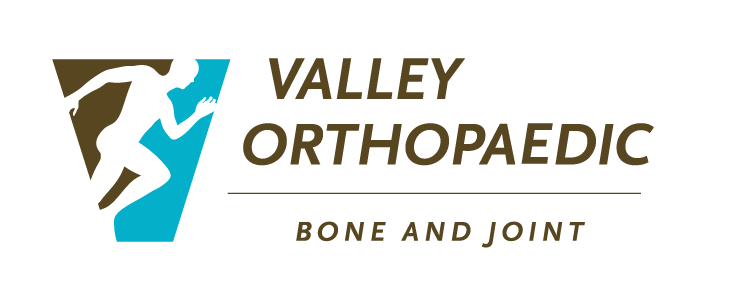Orthopaedic Surgery
Kyle R. McClintock, D.O., M.B.A.
About Dr. McClintock
Where did you go to school? Kansas City University – D.O. degree/Rockhurst University MBA in Healthcare leadership
What is your specialty? Shoulder and Elbow surgery; general orthopedics
What helped you decide your specialty? The complexity of the shoulder joint created a significant draw for me to pursue subspecialty training in shoulder surgery. I really enjoy the biomechanics, anatomy, and challenges shoulder surgery presents. It is still in a lot of ways an evolving field within orthopedics.
Have you always wanted to be a doctor? What got you into medicine? I wanted to be a doctor my entire life. I don’t ever remember wanting to do something other than Orthopedic surgery. Initially, the thing that drew to medicine was a fascination with human anatomy.
Describe some key experiences since the beginning of your career. There have been a number of rewarding experiences since I began my career. I remember the first time I observed a Reverse Total Shoulder Replacement, it was like a light went off and I realized at that moment that I was meant to be a shoulder surgeon. From there, my career took on a new direction. Another key experience was the realization in medical school that I wanted to get an MBA so I could more efficiently and effectively deliver healthcare to my patients down the road. That helped me to see medicine as a larger picture and how I fit into that system and more importantly, ways that I can be a leader and have a positive impact on the delivery of care in the area where I practice. Finally, I have watched the long hours my trainers and mentors have put in to their careers, sometimes at the expense of other things in life. I decided to draw a distinct division in my life between work and family obligations. Ultimately, I have come to realize that being a surgeon is what I do, it’s not who I am. I think that has helped me keep a grounded perspective in my life and allowed me to deliver more objective care to my patients.
What does a normal day look like for you? Normal days don’t exist! I have 3 clinic days and 2 OR days a week. I typically see 30-40 patient a day in clinic and perform around 8-10 surgical cases per week, and growing!
What are some of your strengths as a doctor? Compassion, thoughtfulness, practicality
What is one of your biggest accomplishments to date? My biggest accomplishment to date is having a great relationship with my wife and kids despite the long hours involved in training to become an orthopedic surgeon.
What do you like to do outside of work? I love to golf, hunt, and just be outdoors enjoying nature when I am not working.
Who are some of your role models/influencers? Richard Howard, DO was my program director in residency and really gave me an opportunity to make my career goals a reality. He’s one of the most gifted surgeons I have ever worked with and a true mentor. In general, I admire or look up to those people who challenge the common wisdom of their day, dare to go against the grain and stand up for what they believe is right.
If you could have dinner with anyone (dead, alive, fictional) who would it be? Dr. Jules Pean. He was a surgeon in the early 1800’s who performed the first known prosthetic shoulder replacement surgery. I think it would be amazing to hear how he developed his concept and what he learned from it.

